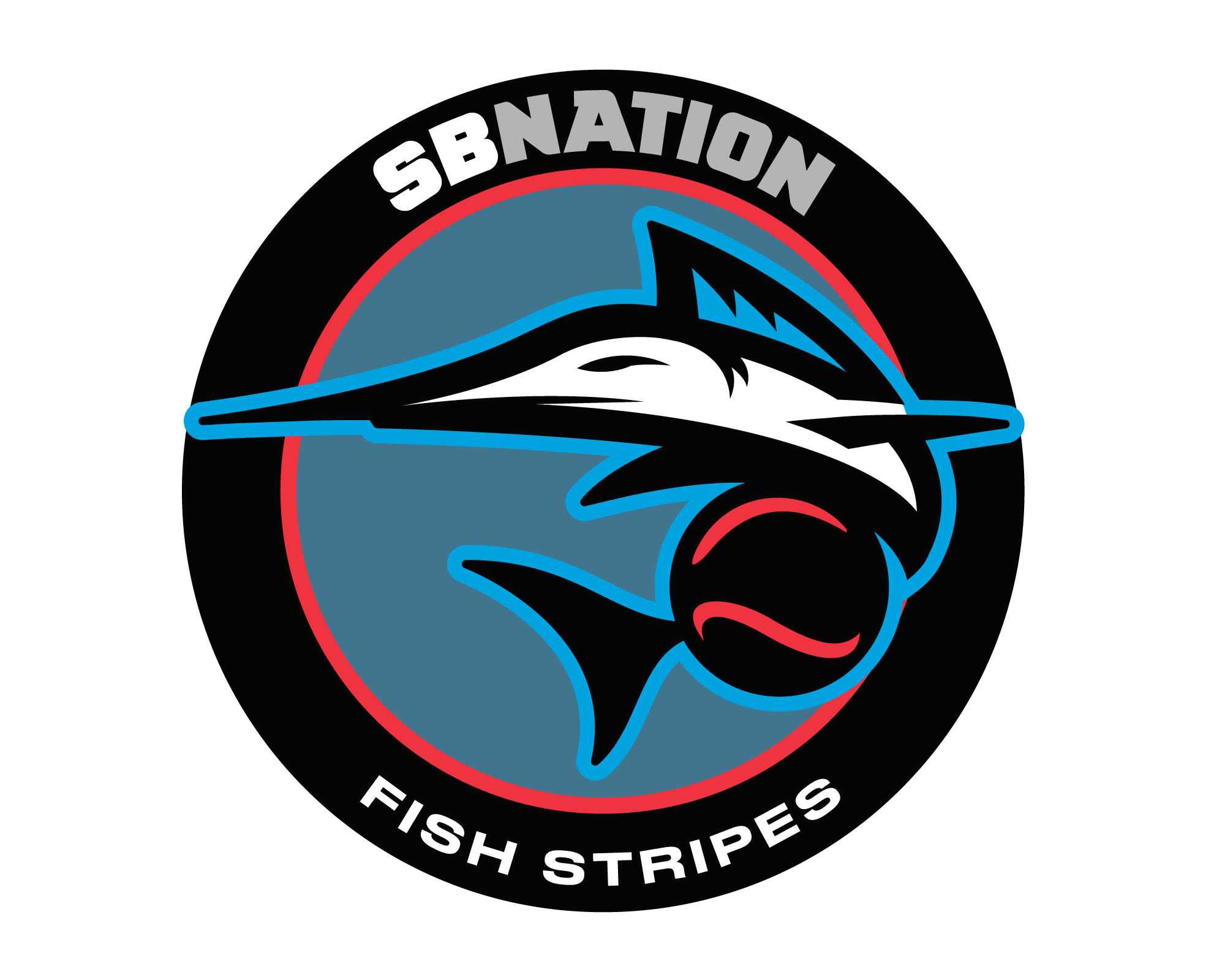/cdn.vox-cdn.com/uploads/chorus_image/image/69802373/1208399839.jpg.0.jpg)
On the field, it’s been a solid 2021 season for the Marlins farm system. There have been breakout performances from the likes of Eury Pérez, Jake Eder and Troy Johnston. New draft picks are making smooth transitions to the pros, from first-rounder Kahlil Watson to 18th-rounder Bennett Hostetler. There’s an industry consensus that the organization’s developing talent is better than most others in baseball, with MLB Pipeline ranking the Fish No. 3 overall.
But off the field, the minor league grind remains unacceptably stressful for these players.
On Tuesday, Minor League Advocates posted anonymous testimonies from players assigned to several Marlins affiliates (I have lightly edited them for clarity). They describe the ongoing struggle to find safe, affordable and convenient housing.
From Double-A Pensacola:
“The housing situation this year with the Marlins AA affiliate was terrible. I say that because I couldn’t find any place to live within a half-hour of the stadium, so I was essentially forced to stay in a hotel which cost me thousands of dollars a month (way more than my salary).”
From High-A Beloit:
“8 guys drew a lucky straw and are saving some money by sharing a 3 bed/1 bath house, splitting up a $2,500 monthly fee. Most of the rest of the team is living in expensive apartments, literally making somewhere between $40 to $75 per paycheck after rent. The worst part is that some of our Latin teammates are sleeping 4 guys to a hotel room to split expenses, rotating between sleeping in the bed and making beds on the ground. The hotel is the easiest for them to live in because they don’t have cars and it at lease has a shuttle to the field.”
From the Marlins’ main complex in Jupiter:
“Right after spring training finished, I had to start paying $55 a night to split a hotel room. That’s [about] $1,700 per month. We don’t make that much after taxes. So I was losing money. I said that is ridiculous so about a month ago I moved out of the hotel and am now spending about one-third of my paycheck to sleep on a couch.”
This is not a new problem nor is it unique to the Marlins. Brittany Ghiroli of The Athletic reported on minor league living conditions last month. In a recent column, JJ Cooper of Baseball America highlighted the absurdity of players remaining on the hook for leases even after the baseball season ends or in the event that they get promoted/demoted to a different city.
Cooper concluded that “the logical answer is for MLB teams across the board to contract for housing and provide it for the players.” However, only the Astros are doing so right now.
Anybody reading this is already aware of the Marlins’ frugality at the major league level. They entered Opening Day with a payroll in the $60 million range—bottom five among MLB teams—and gradually trimmed it from there via trade as the club plummeted out of postseason contention.
In dealing Adam Duvall to the Braves, for example, the Marlins saved approximately $3.7 million that would’ve been owed to him for the rest of the 2021 campaign and as a buyout of his 2022 mutual option. That money alone would be sufficient to fund hotel rooms or equivalent housing stipends for all of the organization’s domestic players for a full minor league season.
The Marlins are, by their own admission, going to be reliant on controllable, homegrown players to be competitive long term. That is why they should be taking the lead on minor league reforms to benefit the physical and mental well-being of these precious employees and to establish themselves as an organization that people actually want to play for.
Any other players in the Marlins organization who have more information to share about this year’s minor league housing conditions can contact me at Ely.Sussman@gmail.com. Your identity will be protected.
